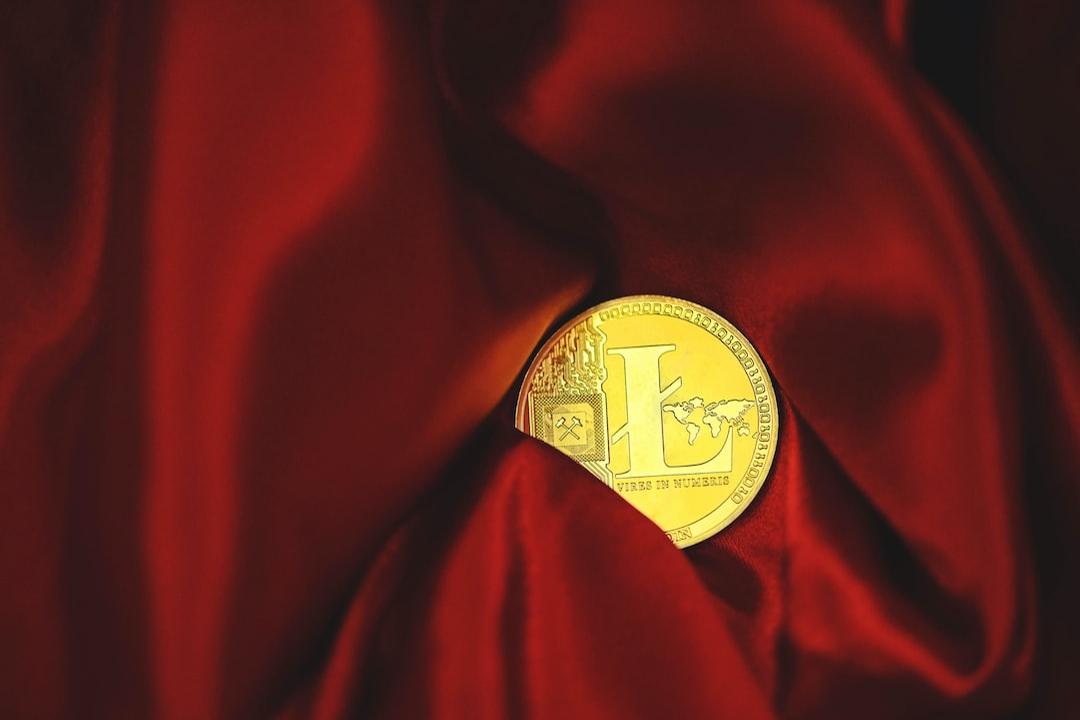The ongoing legal battle between Ripple Labs and the U.S. Securities and Exchange Commission (SEC) since 2020 has reached a critical moment, as the SEC has filed its final defense in the remedial stage of the lawsuit. This is certain to set a milestone for cryptocurrency regulation.
Table of Contents
Toggle
SEC Challenges Ripple’s Defense
SEC: Ripple Has Not Repeated Offenses, But It Doesn’t Mean It Won’t in the Future
Questioning Ripple’s Strategy Has Been Ineffective
SEC Still Insists on Implementing the Ban
Ripple Responds to SEC’s Criticism: Self-Destruction of Reputation
Final Judgment Expected in September
The SEC recently responded strongly to Ripple’s supplemental briefing, in which Ripple argued that its handling of XRP was not reckless, a claim strongly refuted by the SEC.
Despite the blockchain startup’s attempt to refute the “fair notice” (note: when a country intends to infringe upon the rights of its people, proper notice should be given to the affected people in advance based on due process), which had already been rejected by the court, the SEC still insists on the ongoing legal ambiguity of XRP’s legal status.
According to the SEC, although Ripple has not committed any violations since the lawsuit began, the possibility of future violations still exists.
The SEC criticized Ripple for attempting to minimize its responsibility while boasting about its cooperation with regulatory agencies since the initial token issuance of XRP in 2013. Ripple claims to restructure future XRP sales to comply with legal guidance, but the SEC deems it misleading, indicating that Ripple misunderstands the court’s order and compliance requirements.
(Read the XRP court documents for a detailed explanation of why XRP has not escaped securities risk in the cryptocurrency market.)
The SEC’s defense also questioned Ripple’s claims regarding its sales strategies, particularly those involving sales outside of the United States and sales to qualified investors. These defenses have clearly been abandoned in the summary judgment stage.
Furthermore, the SEC rejected Ripple’s argument for contract adjustments in on-demand liquidity sales, stating that these contracts still violate certain provisions.
The SEC’s document argues for an injunction against Ripple to prevent future legal violations, refuting Ripple’s optimistic attitude towards its compliance and restructuring efforts. The regulatory agency holds a skeptical view of whether Ripple can fully comply with established legal standards.
In contrast, Ripple’s General Counsel, Stuart Alderoty, criticized the SEC’s actions, believing that it has damaged the SEC’s reputation among internationally recognized regulatory agencies with more developed cryptocurrency frameworks. Alderoty still holds hope for a resolution that is favorable to Ripple.
As Ripple prepares to expand its business in Japan through a partnership with HashKey DX, the crypto community waits with bated breath, expecting a final judgment around September. This case not only affects Ripple and XRP but also sets a precedent for the handling of cryptocurrencies under U.S. securities laws.
Ripple
SEC
XRP

